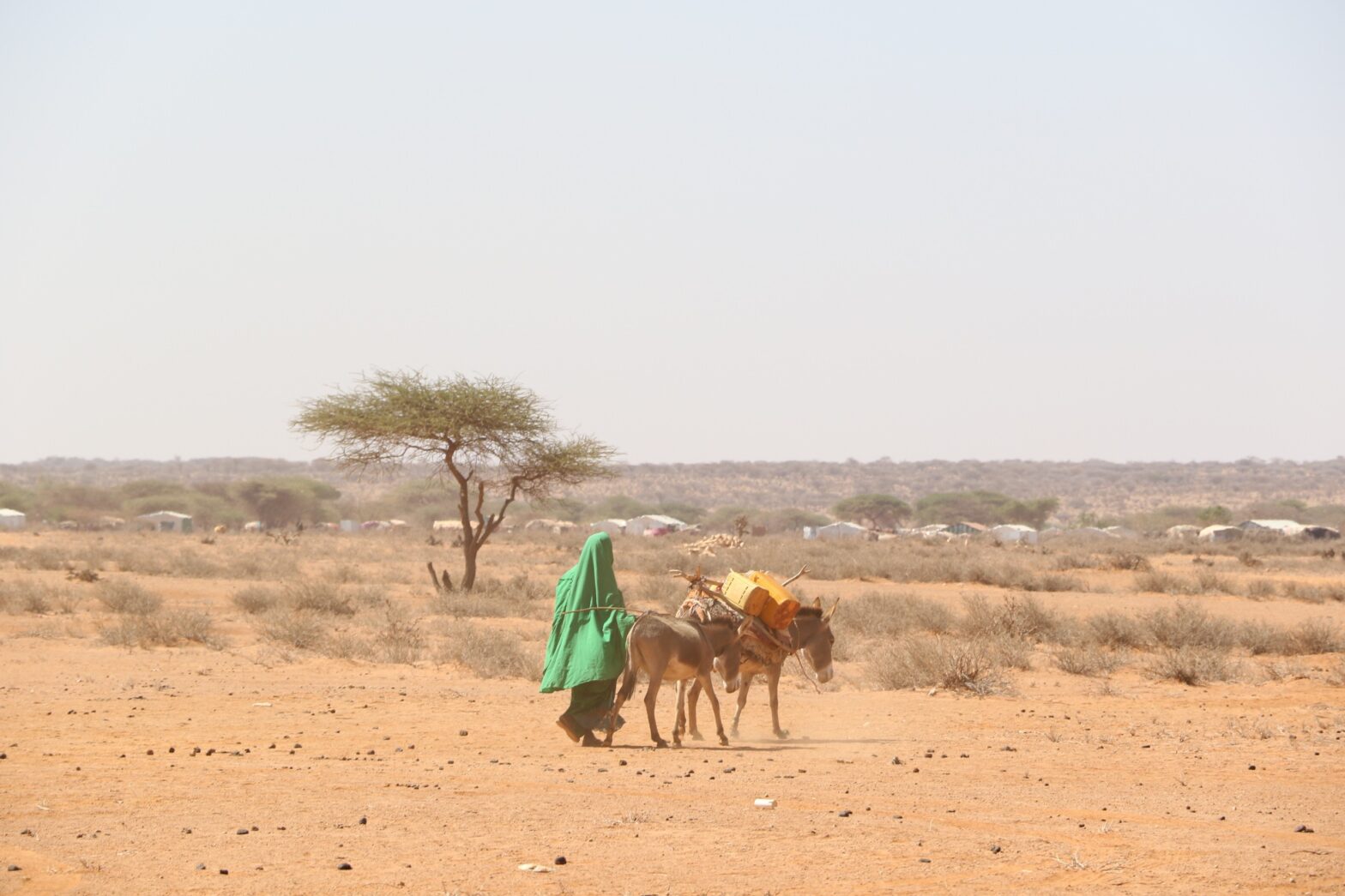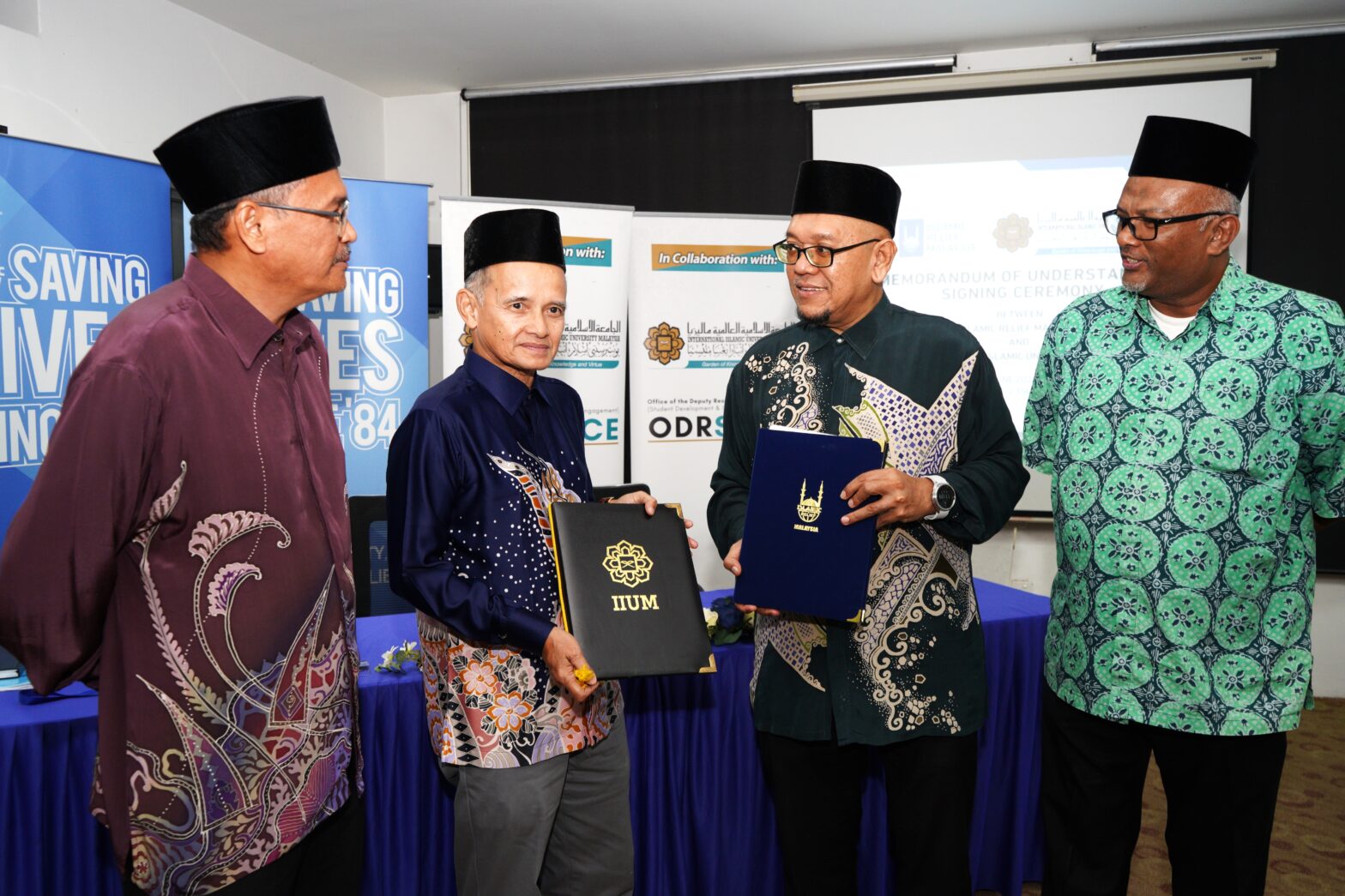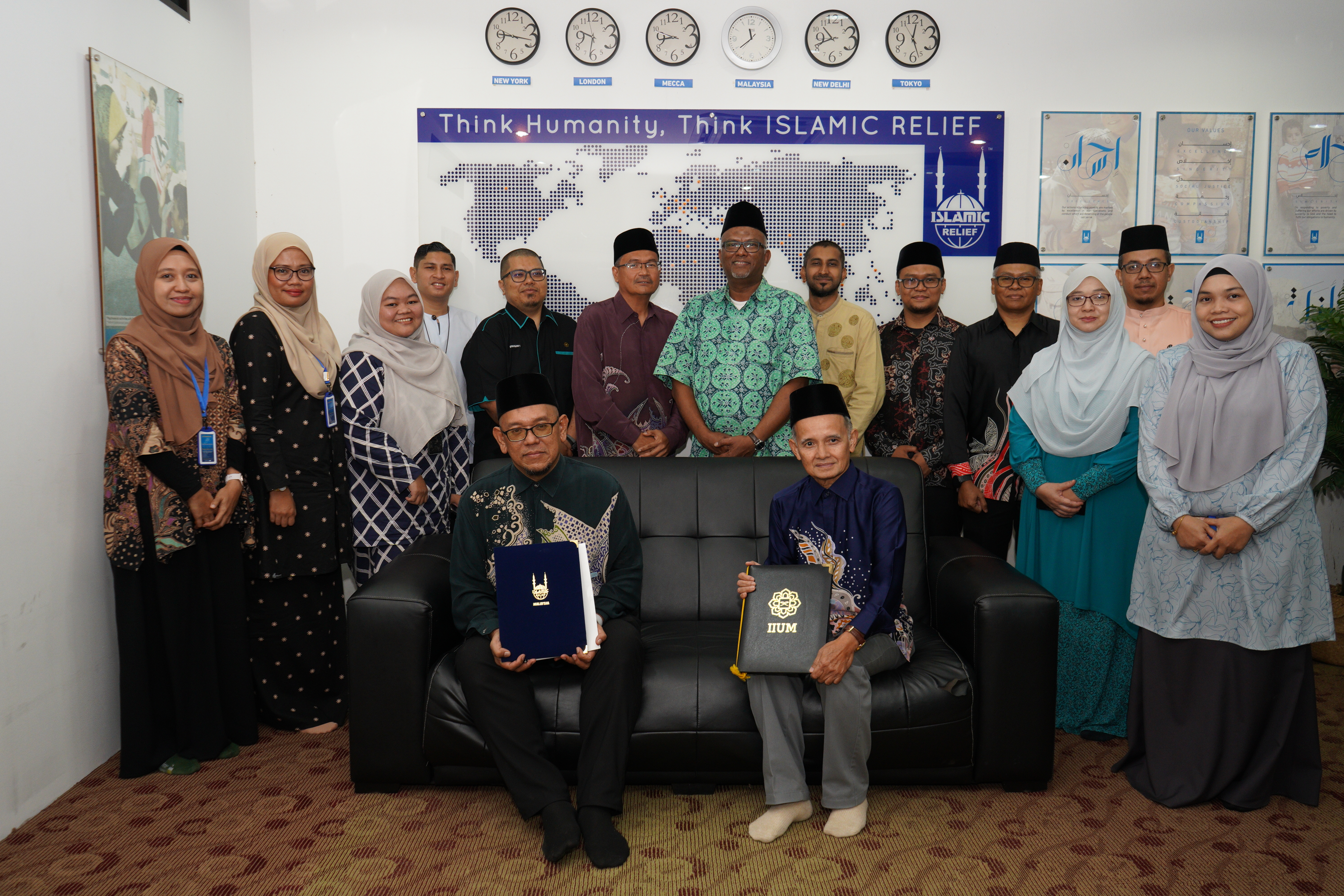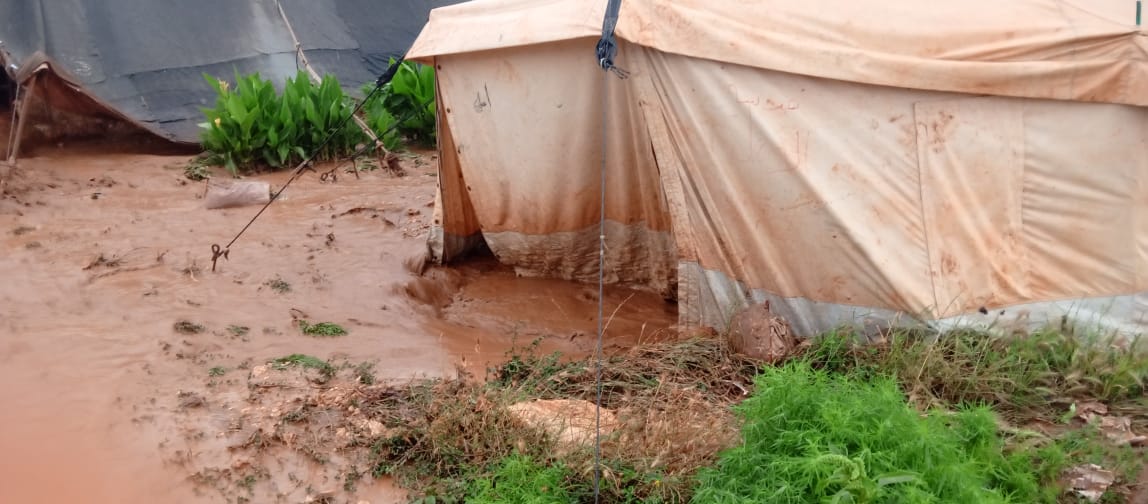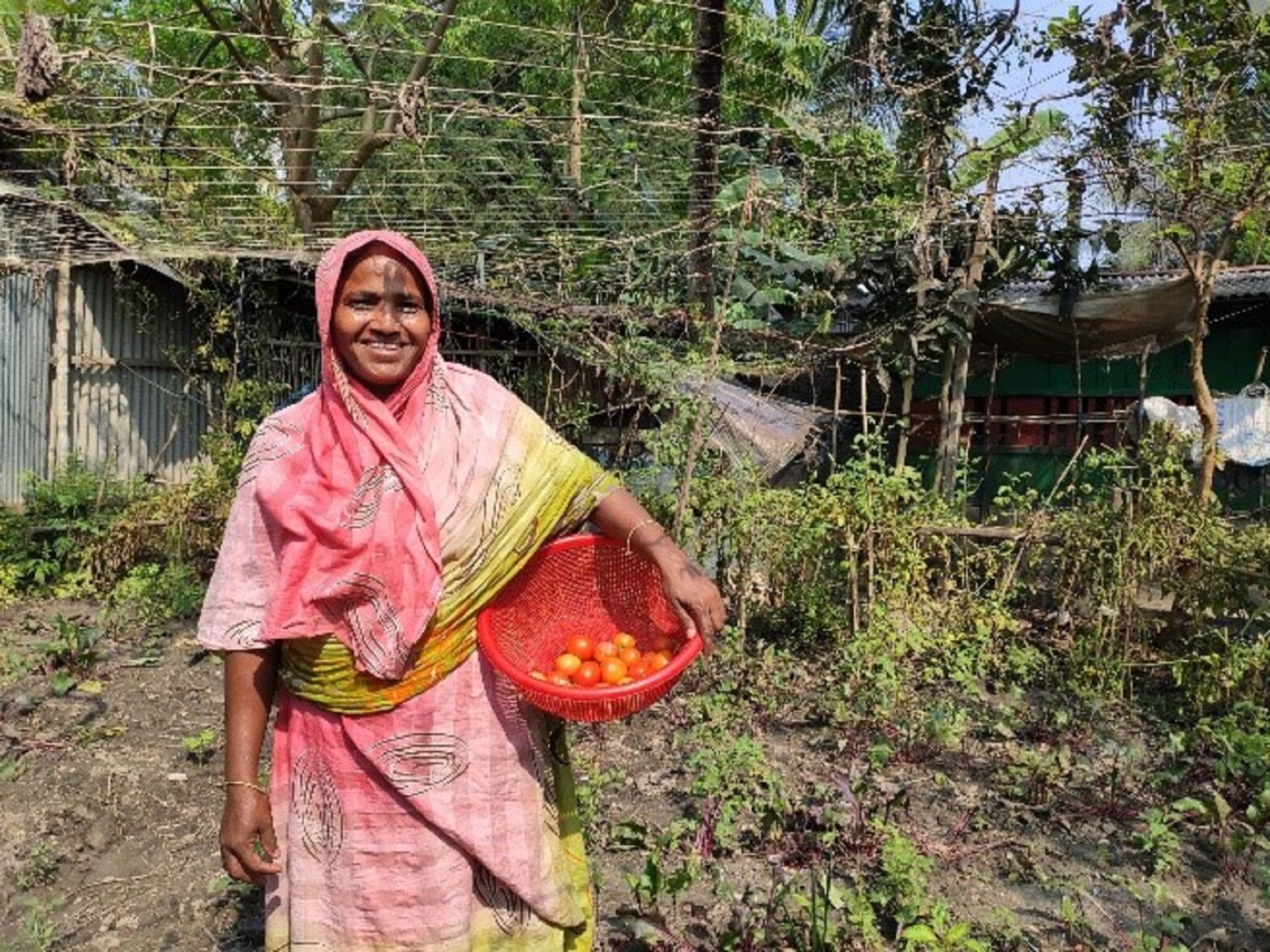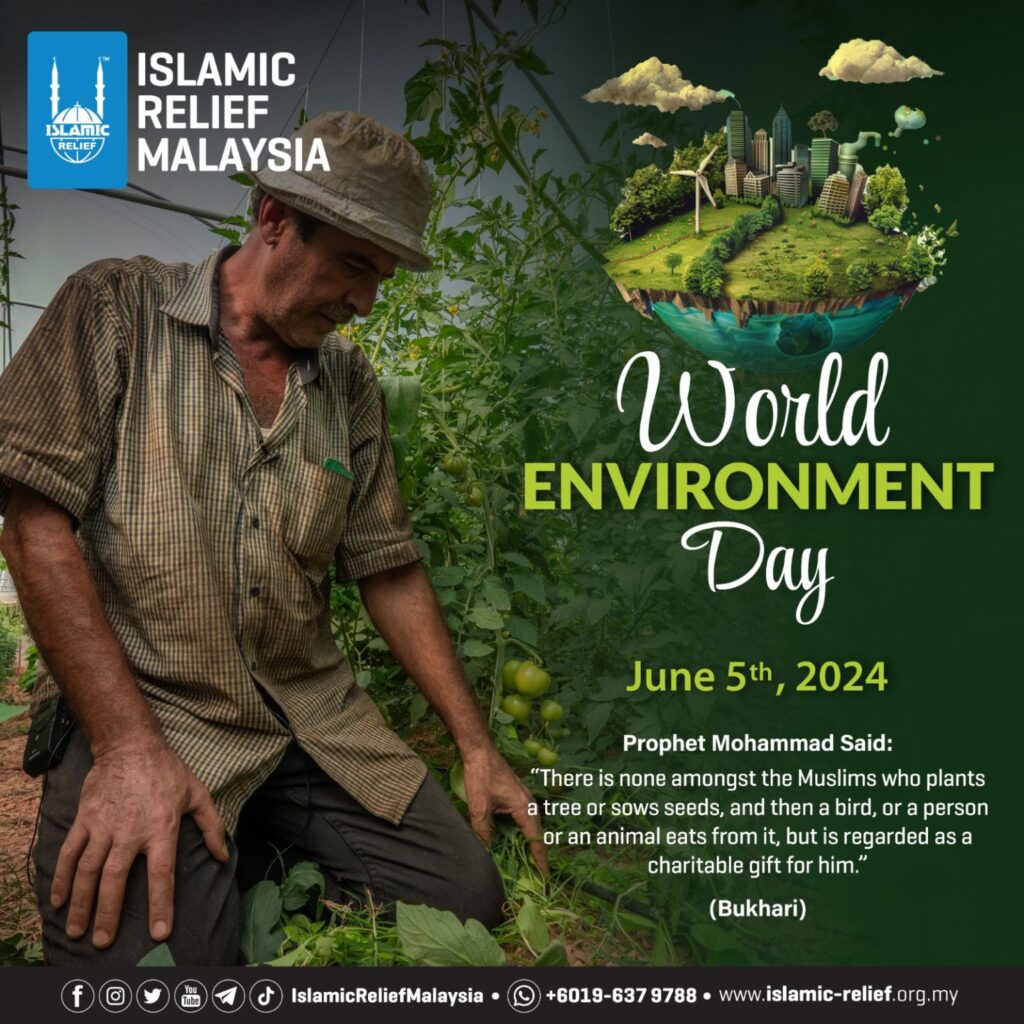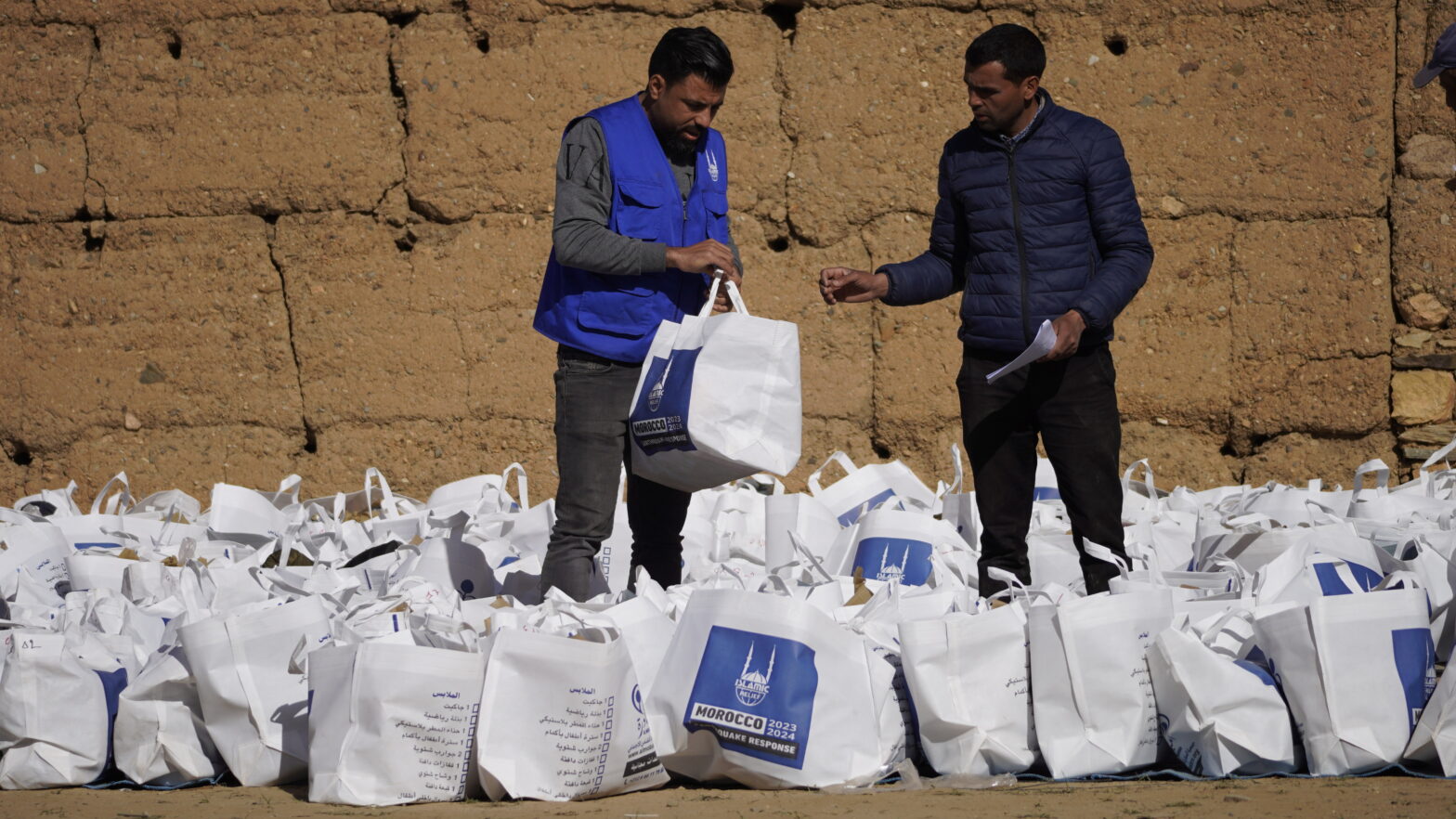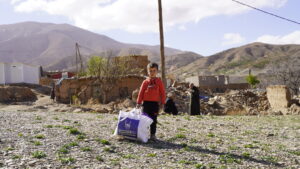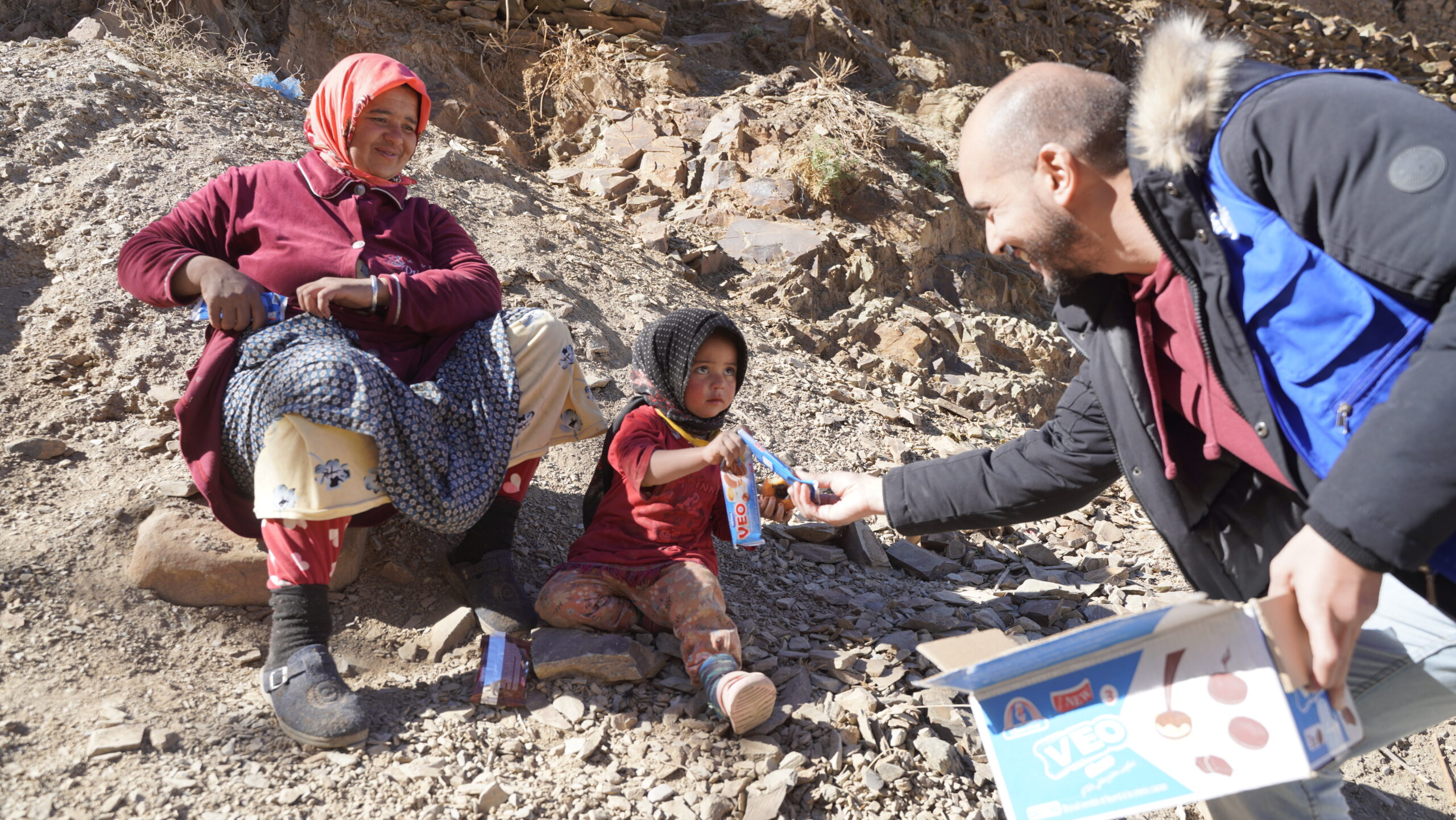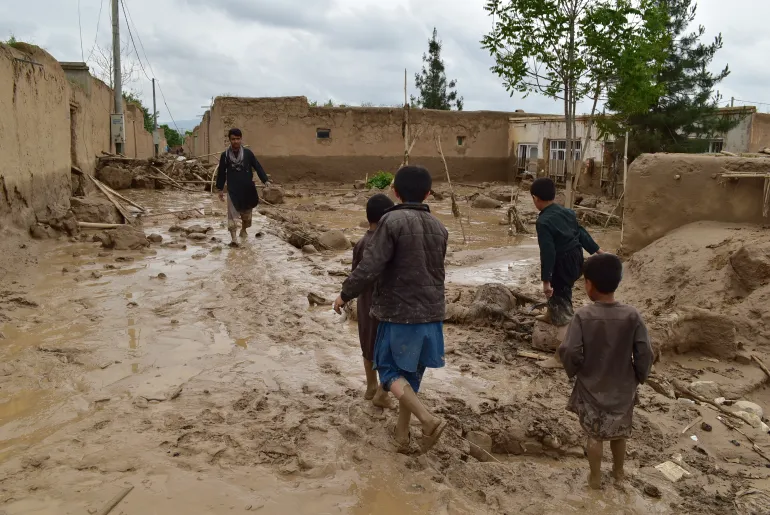World Refugee Day: Horn of Africa mothers struggle amid crisis
In the Horn of Africa, the confluence of natural disasters and conflict has forced millions from their homes. As Islamic Relief marks World Refugee Day, we turn our attention to the enduring spirit of those who have been displaced. These are the stories of Amina and Sacdiya, 2 mothers whose lives have been upended by relentless droughts and violent unrest. Despite these challenges, they continue to strive for a better future for their children.
The crisis unfolds
The Horn of Africa is experiencing its worst humanitarian crisis in decades. 3 years of drought decimated crops and livestock, only for unexpected floods to wash away the little that remained. According to the World Health Organization, over 50 million people in the region are facing acute food insecurity. Among them, the most vulnerable are children under 5, with mothers like Amina and Sacdiya doing everything possible to keep their families nourished and safe.
Amina: Fleeing from flames
Amina lived a peaceful life in the once-flourishing village of Kaaro in Somalia. Her days were filled with tending to her small farm where she grew vegetables and raised chickens. However, the onset of severe drought turned her fertile land into a barren desert. Without rain, her crops failed, and her chickens perished. The situation grew worse still when conflict erupted in her region, forcing her to flee with her family.
“We had to run from our home because the fighting was so close,” Amina recalls. “I could hear gunshots and see smoke rising from nearby villages. It was terrifying.” She gathered her 3 children and embarked on a harrowing journey to find safety, leaving behind everything they owned.
Now living in a camp for internally displaced persons (IDPs), Amina reflects on the life she had to abandon. “We were self-sufficient. We had enough to eat, and my children were happy. Now, we rely on aid for our survival.”
Despite the hardships, Amina remains determined to provide for her children. With support from organisations like Islamic Relief, she receives cash that enables her to buy essential food items. “I can at least get rice and beans for my children. It’s not much, but it’s something”.
Sacdiya: Surviving the floods
In Ethiopia’s Afar region, Sacdiya and her family faced a different but equally devastating struggle. For years, they endured relentless drought that dried up their wells and left their livestock parched. When the rains finally came, they brought not relief but destruction. Flash floods ravaged her village, sweeping away homes, livestock, and livelihoods.
Sacdiya vividly remembers the day the floods hit. “We heard a loud roar, and before we knew it, water was everywhere,” she says. “I grabbed my 4 children and ran towards higher ground. We lost everything in the flood, including our home and our animals.”
Displaced and destitute, Sacdiya’s family sought refuge at an IDP camp. Life in the camp is a daily struggle, but Sacdiya’s spirit remains unbroken. She has used cash provided by Islamic Relief to purchase food and basic necessities. “This help is a lifeline for us,” she explains. “It gives me the ability to choose what my family needs most. My children can eat, and I have hope for their future.”
The power of resilience
Amina and Sacdiya’s stories are emblematic of the millions of families that have been uprooted by climate change and conflict in the Horn of Africa. Their resilience is a testament to the human spirit’s ability to endure and adapt in the face of overwhelming adversity. Through the support of Islamic Relief, they are finding ways to survive and rebuild their lives.
For Amina, the hope is to one day return to her village and revive her farm. “I dream of the day I can go back home and see my children running through the fields again,” she says. For Sacdiya, the goal is to secure a stable future for her children. “I want them to go to school and have opportunities I never had,” she shares. “I want them to have a life where they don’t have to worry about their next meal.”
A call to action
On this World Refugee Day, we honour the resilience of refugees and displaced persons like Amina and Sacdiya Their stories remind us of the urgent need for continued humanitarian support and long-term solutions to address the root causes of displacement. As we reflect on their struggles and hopes, let us reaffirm our commitment to standing in solidarity with all those who have been forced to leave their homes in search of safety and a better life.
Join us in standing in solidarity with families forced to flee and donate to Islamic Relief to support our work to enable refugees to live dignified lives.



